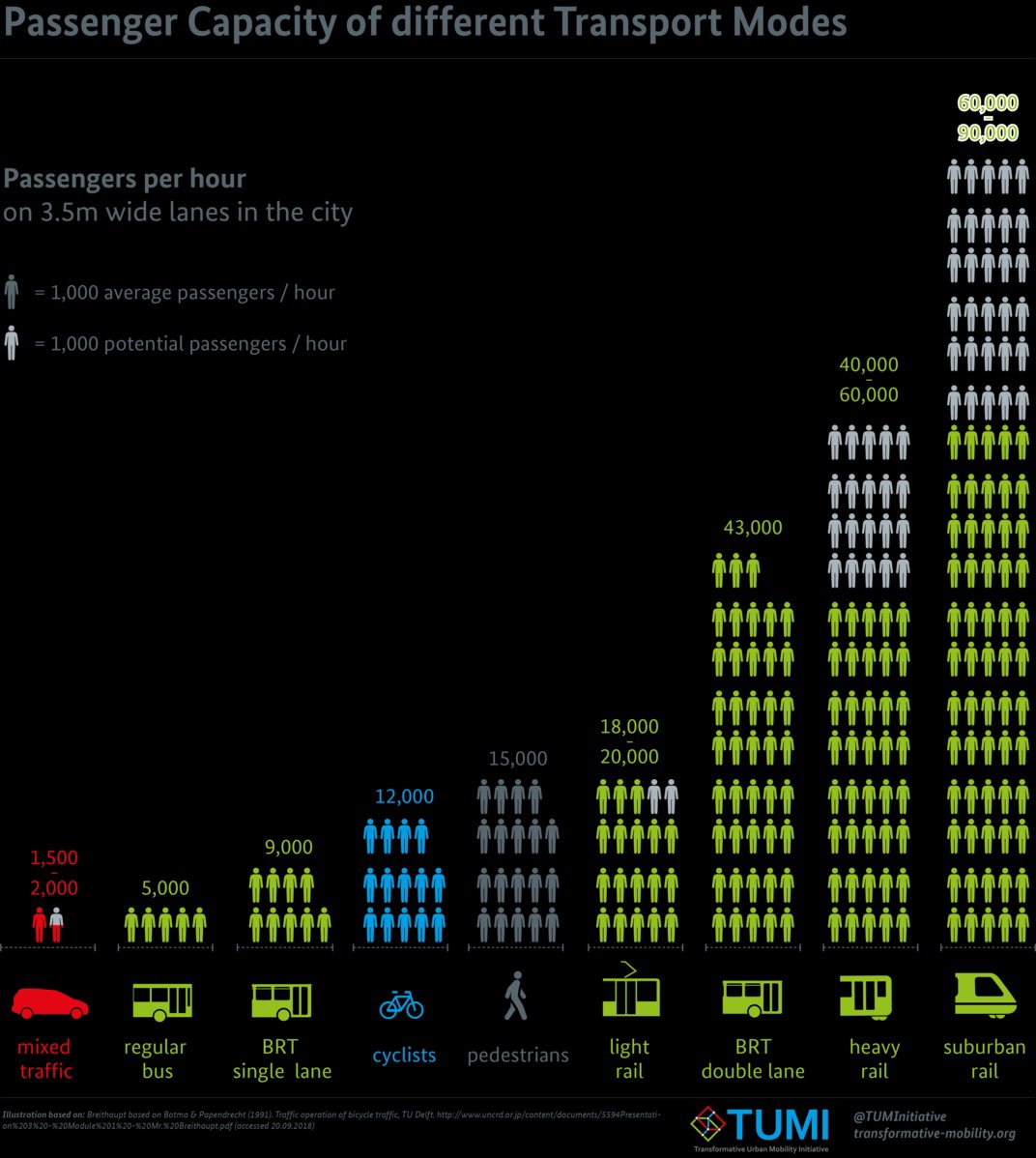Fuck Cars
A place to discuss problems of car centric infrastructure or how it hurts us all. Let's explore the bad world of Cars!
Rules
1. Be Civil
You may not agree on ideas, but please do not be needlessly rude or insulting to other people in this community.
2. No hate speech
Don't discriminate or disparage people on the basis of sex, gender, race, ethnicity, nationality, religion, or sexuality.
3. Don't harass people
Don't follow people you disagree with into multiple threads or into PMs to insult, disparage, or otherwise attack them. And certainly don't doxx any non-public figures.
4. Stay on topic
This community is about cars, their externalities in society, car-dependency, and solutions to these.
5. No reposts
Do not repost content that has already been posted in this community.
Moderator discretion will be used to judge reports with regard to the above rules.
Posting Guidelines
In the absence of a flair system on lemmy yet, let’s try to make it easier to scan through posts by type in here by using tags:
- [meta] for discussions/suggestions about this community itself
- [article] for news articles
- [blog] for any blog-style content
- [video] for video resources
- [academic] for academic studies and sources
- [discussion] for text post questions, rants, and/or discussions
- [meme] for memes
- [image] for any non-meme images
- [misc] for anything that doesn’t fall cleanly into any of the other categories
Recommended communities:
view the rest of the comments

They're showing capacity, i.e., a 3.5m sidewalk can move about 15k people per direction per hour. I'm guessing there's leeway for cars depending on intersection types/design, speed, etc., whereas there is much less variation in average speed for pedestrians.
Average should be a measured real world quantity. A max theoretical value should never be average unless it's literally always at the max... on average.
The wording on the chart isn't the best, but I'm presuming they mean average capacity, not average ridership, because every city and every system will have its own factors that can impact the specific capacity of their transit modes. E.g., one system may have double-decker suburban rail vs another's single-decker, or one system may have articulated buses vs another's non-articulated. These differences would result in differing capacities, but the purpose of the chart is to show a ballpark number for what the typical capacity of a 3.5m corridor of each type would be, based on averaging system capacities in presumably many different cities.